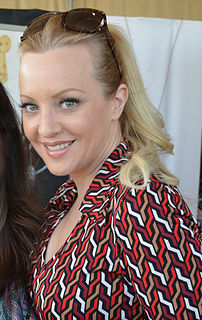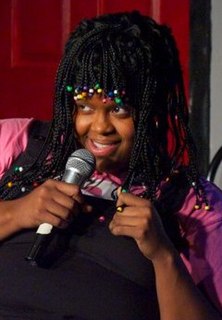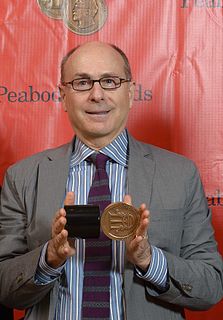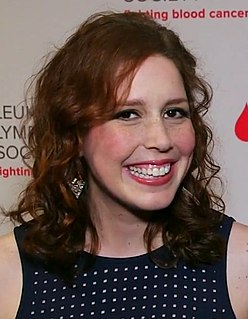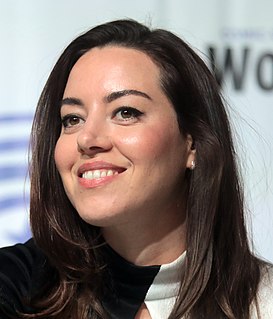A Quote by Matt Walsh
I spent a lot of time in Chicago at a place called The Annoyance Theater, where we would develop one-act plays through improv, and you would just improvise scenes and then discover something about the character and use it in the next scene.
Related Quotes
Improv is more than just spitting out a bunch of funny stuff that's unrelated to the material. You have to stay in character, you have to react and respond as the character you're trying to play. You have to service the story, and I think improv training has helped with my listening, responding, and my audition technique. It's sounds so silly, but it's true. Because not only do you improvise during the audition, but once you get the part, they'll say, "Throw away everything. Just improv this scene. Do whatever you want." Someone could panic if they're not used to doing something like that.
I designed a theater magazine that was full of plays and essays about the theater, and then I worked at a theater school. By osmosis or something, I was learning from reading plays and not being analytical about them, but when I would read them, the joy in me was mostly from imagining them in my head and visualizing them.
I think with improv - and I say it all the time because it's become such a catch thing that you talk about improv - if the scene is well-written, you don't need to improv. But that being said, if something strikes you in the moment and, most importantly, you know where the scene is supposed to go, it's no different than method acting.
What is a scene? a) A scene starts and ends in one place at one time (the Aristotelian unities of time and place-this stuff goes waaaayyyy back). b) A scene starts in one place emotionally and ends in another place emotionally. Starts angry, ends embarrassed. Starts lovestruck, ends disgusted. c) Something happens in a scene, whereby the character cannot go back to the way things were before. Make sure to finish a scene before you go on to the next. Make something happen.
Generally speaking I would say I enjoy the smaller films more because there's a less sense of pressure and often the material is more unusual. But in "Iron Man" it was kind of like both worlds colliding because there was a lot of improvisation, not that we improv-ed in the scenes but to discover the actual scenes themselves.
I will do plays as long as they're interested in having me do them. It's the biggest opportunity to learn the most about how to act. Something I discover every time I'm doing one is how little I know about acting - how important the art of listening is, and how important it is to listen with your entire body. You can tell so much of a story with stillness, and a lot of that can be from really actively listening to your scene partner.


